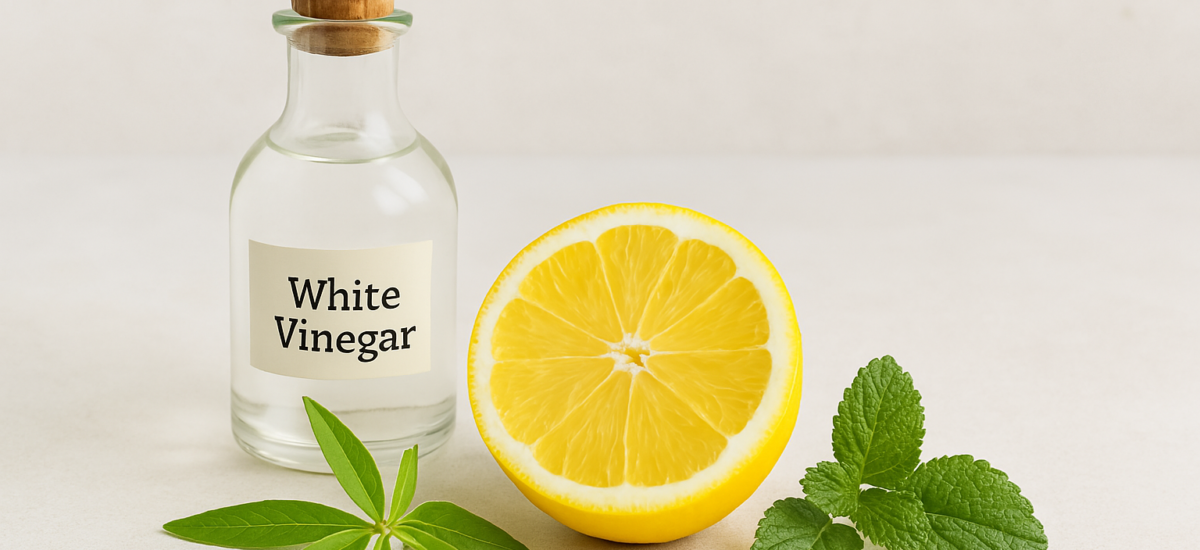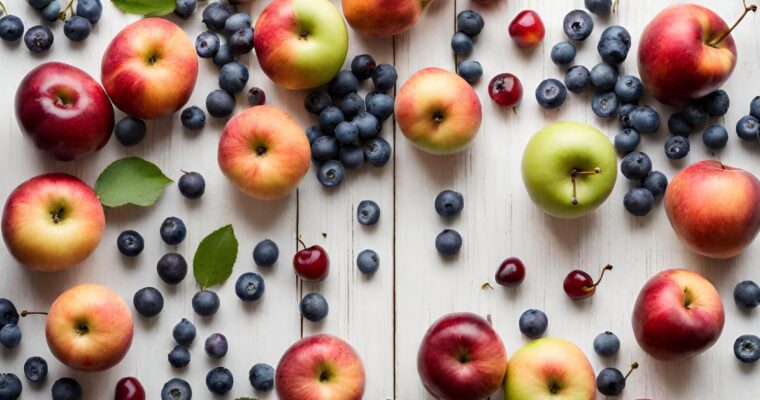When I first started eating low histamine, giving up lemon felt like a surprisingly big loss. I used to add a squeeze of lemon juice to almost everything—salad dressings, soups, marinades, and veggies. It wasn’t just the flavor I missed—it was that bright, zesty kick that made food come alive. But if you’re looking for lemon juice substitutes that actually deliver on flavor without causing symptoms, you’re in the right place. Whether you’re avoiding citrus due to histamine intolerance, migraines, reflux, or just trying something new, there are safe, delicious alternatives that still bring the zing—without the baggage. Let’s dive in.
Why Lemon Is Often a Trigger
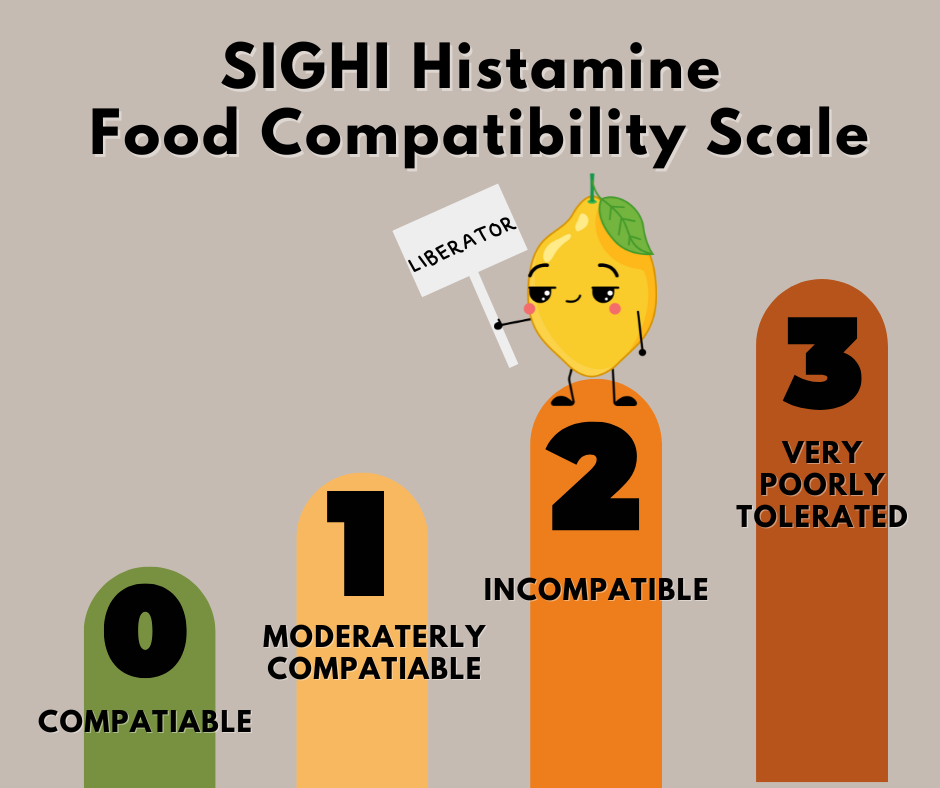
Not only is lemon juice naturally high in histamine (it is a 2 on the SIGHI scale, landing it on the TLH No List), but it is also considered a histamine liberator, stimulating histamine release in the body. For those of us dealing with histamine intolerance or related conditions like vestibular migraine, it’s a common trigger. Even a small amount can sometimes lead to symptoms like headaches, dizziness, flushing, or digestive discomfort.
While some people may eventually tolerate small amounts of citrus after healing *raises hand*, it’s best to avoid it—especially in the early stages of a low histamine diet.
What Lemon Brings to a Dish

Lemon isn’t just “sour”—it adds acidity, balance, and brightness. It cuts through richness in creamy dishes, lifts up dressings, and brings vibrancy to anything it touches. When we’re looking for a lemon substitute, it helps to think about what role lemon plays in the recipe:
- Tanginess or sourness
- Acidity for balance
- A bright, fresh flavor
- Mild bitterness or citrus notes
Safe & Simple Lemon Substitutes
Here are the best citrus-free ingredients to replace lemon and lemon juice in low histamine cooking, broken down by function.
For Tang & Acidity
White Distilled Vinegar
A safe, clean acid that adds sharpness without the histamine issues of aged vinegars. It’s great in salad dressings, sauces, and marinades. Start small and adjust to taste.
“Pro” tip: use some of the herbs listed below to infuse the vinegar with a lemony flavor.
Ascorbic Acid (Vitamin C Powder)
My favorite lemon alternative! Ascorbic acid is pure vitamin C—a naturally occurring antioxidant found in fruits and vegetables. In powdered form, it’s highly concentrated and acidic (but not in the same way as citrus)
Ascorbic acid is a fantastic secret weapon in low histamine cooking—especially when you’re looking to replace lemon juice or other citrus-based acidity. It gives that clean, tart brightness without the baggage of high histamine or citric acid (which can be a trigger for many people).
Ascorbic Acid Lemon Juice Substitute
Mix ¼ tsp with 1 tbsp of filtered water for a quick lemon juice substitute.
It adds tang without any histamine issues. Bonus: It can help prevent fruit from browning.
Recommended Brand: Pure Vitamin C Powder
For Bright Lemony, Herbal Notes
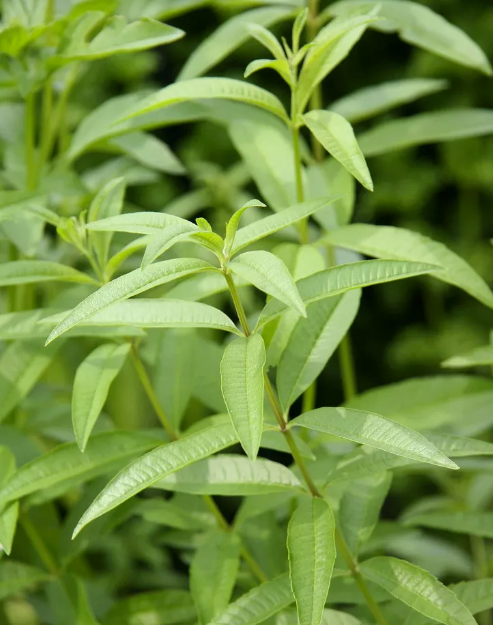
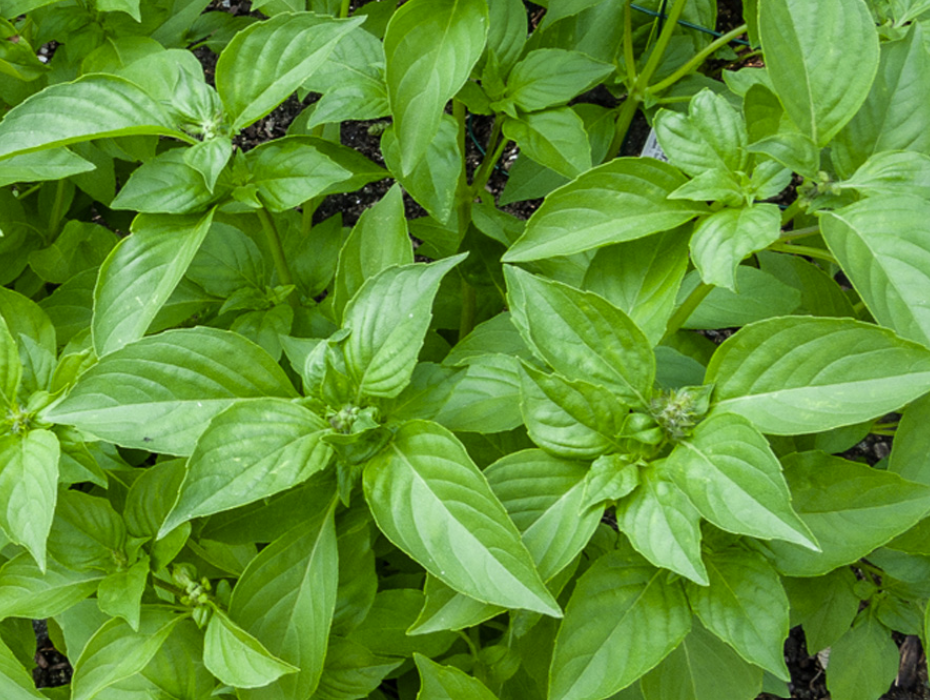
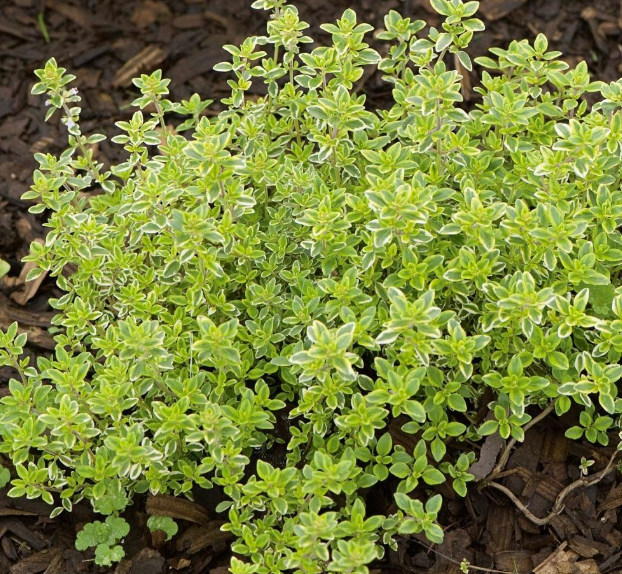
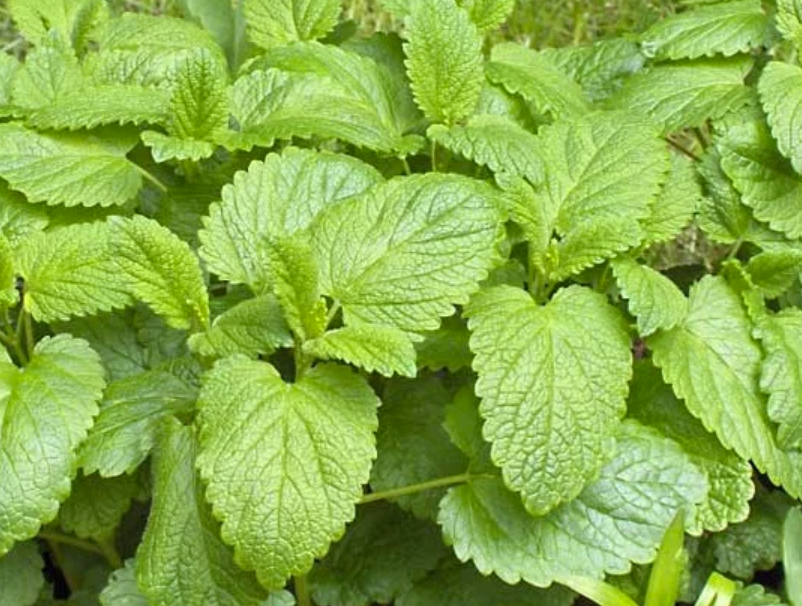
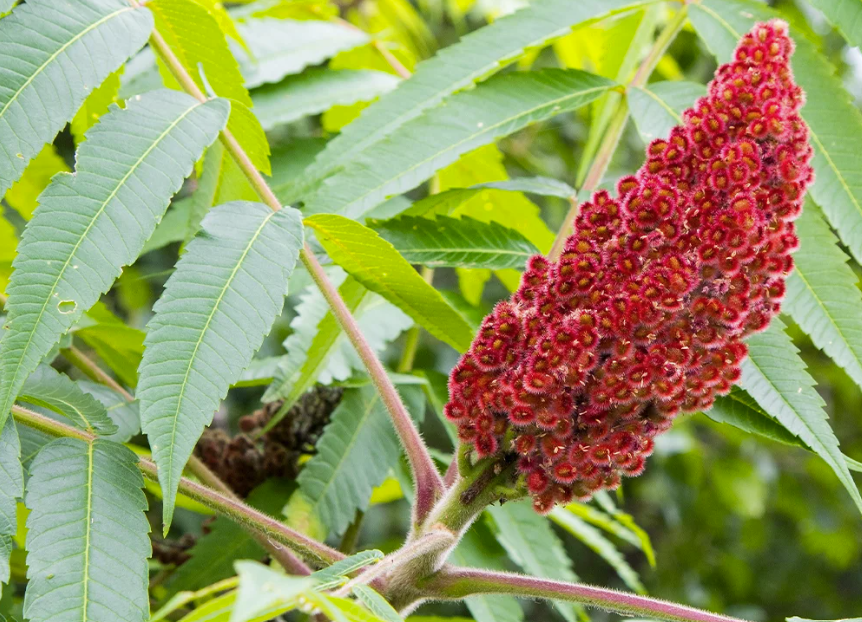
Sumac
A tangy, reddish spice often used in Middle Eastern cooking. It gives a lemony flavor without actual citrus, making it a perfect spice to use as a substitute for lemon in a recipe. Sprinkle it on roasted veggies, chicken, or in dips. Always check the ingredients—some blends contain salt or preservatives.
Lemon Verbena
It’s most often used fresh or dried to infuse flavor into both sweet and savory recipes.
Lemon verbena is a fragrant, leafy herb native to South America. Its long, narrow leaves have a potent lemon aroma—cleaner and sharper than lemon balm, without being sour or acidic. It has one of the most lemon-like flavors you can get from a plant that’s not actually citrus making it a great low histamine lemon substitute. It’s more intense than lemon balm and less minty, making it perfect for both sweet and savory dishes. It gives you the lemon aroma and brightness without the acid that can trigger symptoms.
It’s best used to infuse flavor—so think steeping, simmering, or finely chopping.
Lemon Balm
Lemon balm is a soft, leafy herb in the mint family, and it grows easily in most herb gardens. Its leaves have a bright, citrusy blend of lemon with subtle hints of mint making it a great option as a substitute for lemon in dishes. Its lemon flavor is delicate, so it’s best used fresh or lightly steeped, rather than heavily cooked or baked into long-simmering dishes.
You can use it fresh in salads, dressing, or desserts. You can also steep it as a tea or as a liquid to use in sauces. Lemon balm’s flavor fades with long cooking, add it at the end of cooking or use raw.
Lemon Thyme
Lemon thyme is a natural hybrid of common thyme and a lemon-scented variety. It looks very similar to regular thyme—small leaves on woody stems—but it carries a distinctly lemony fragrance that’s gentle and herbal, not acidic or sharp. Lemon thyme has a mild lemony aroma with that warm, woody base of regular thyme. It’s not as bold as lemon verbena or as minty as lemon balm, but it is a good option to bring lemon flavor to a dish.
It can be used in everything from sweet to savory dishes. The lemon flavor comes through best when it’s gently heated—think slow roasting, simmering, or infusing in oil.
Lemon Basil
Lemon basil is a hybrid between sweet basil and American basil, with a clean, slightly spicy lemon scent. It tastes like regular basil with a lemony top note—zesty and aromatic, with a slightly sharper, more citrus-forward flavor than sweet basil. It’s not sour or acidic, just bright. It’s a perfect way to add the taste of lemon to your basil dish without the histamine issues that usually come with lemons.
It shines most when used fresh, but it can be lightly cooked or steeped as well. Great used in pesto, sauces, dressings, broths, and salads.
For Sweet-Tart Balance
Green Apple Juice
Lemons bring acid, tartness, and a bit of bitterness, while apples—especially green apples like Granny Smith—offer tartness, a crisp sweetness, and a juicy freshness. Green apple juice is tart and has that sweet-sour balance that works beautifully in salad dressings, slaws, or sauces. Try a splash in place of lemon juice when making homemade vinaigrette.
Final Thoughts: You Don’t Need Lemon to Cook Brightly
Giving up lemon doesn’t mean giving up flavor. Once I found my go-to swaps (hi, white vinegar and lemon verbena!), I realized I could still enjoy tangy, balanced meals—without the symptoms. These lemon juice substitutes are more than just replacements—they’re new ingredients to explore and enjoy.
If you’ve found your own favorite way to cook without citrus, I’d love to hear it! Drop a comment below or send me a message. This journey is so much better when we share what works.

